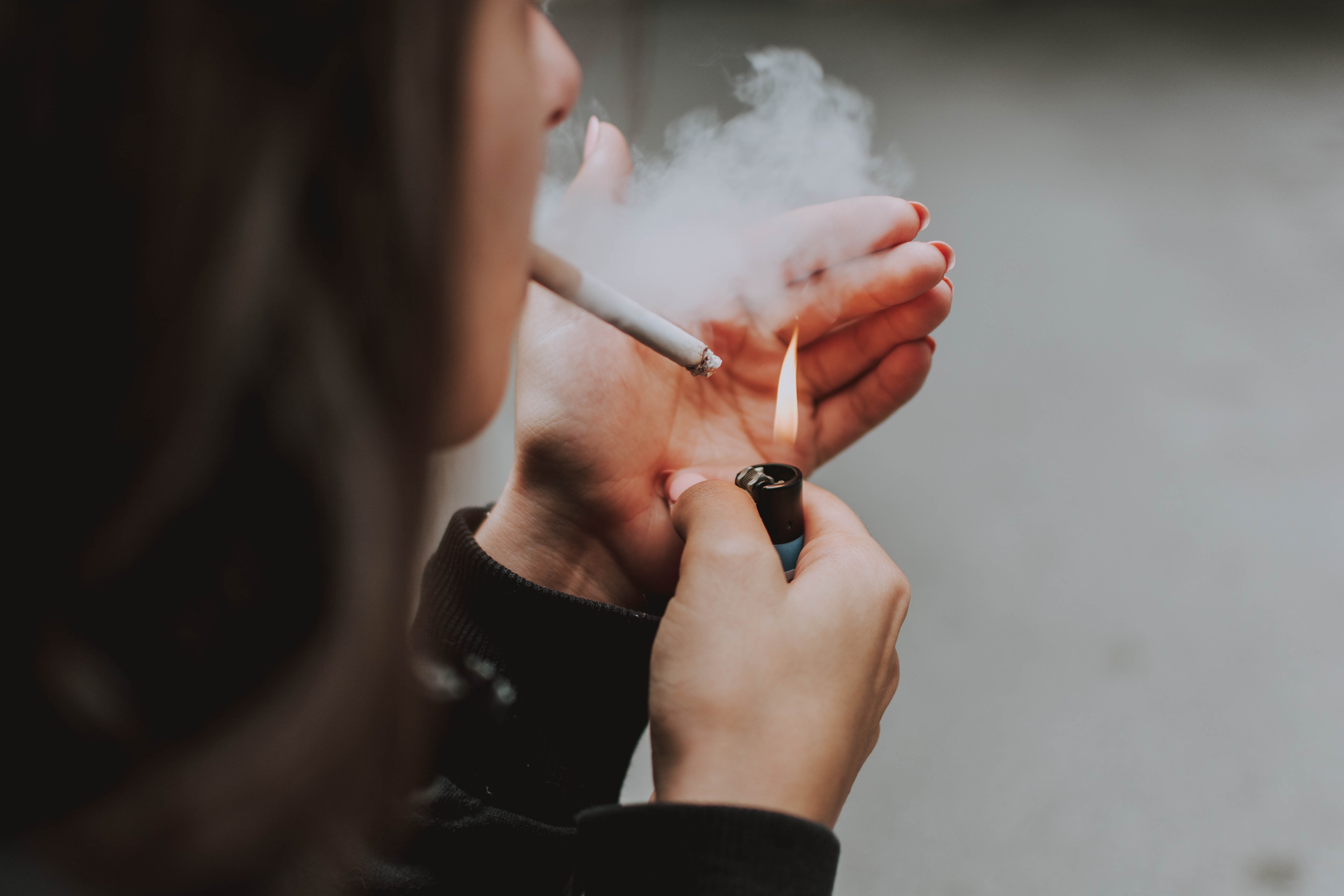Researchers find tobacco and opioid use both increase an individual’s chances of contracting the coronavirus and worsen symptoms.
A new study undertaken by researchers at Case Western Reserve University, the Cleveland MetroHealth System, and the National Institute on Drug Abuse and published in the journal Molecular Psychiatry found individuals with substance use disorder (SUD), particularly relating to smoking or opioid use, are at a significantly higher risk for contracting the coronavirus. The researchers also found that they are at an increased risk of contracting a life-threatening case of COVID-19. Data on 73 million patients, focusing on people diagnosed with SUD and COVID-19, was analyzed.
“People with opioid use disorder, followed by tobacco use disorder, were at a particularly high risk,” according to the study’s authors.
“The most severe association comes for opioid use disorder specifically,” said Nora Volkow, a co-author and the director of the National Institute for Drug Abuse. “If you have an opioid use disorder, even after adjusting for compounding factors like ethnicity, age and gender, you are 10 times more likely [to contract the coronavirus]. With tobacco, you are eight times more likely. Tobacco’s damage to the lungs makes it easier for smokers to contract the virus. Opioids depress the respiratory system.”

Volkow added that social and socioeconomic factors, in some cases, also increased this. She said, “The social component is multiple factors. People addicted to drugs have to go and seek the drugs – this may expose them to situations with an increased risk of infection. Their life circumstances are more likely to put them at a greater risk of infection: You’re more likely to be homeless, or to end up in a jail or prison” if you have an addiction. Individuals with substance use disorder are very stigmatized, and as a result of that, their willingness to go to health-care providers and take care of medical problems is less likely. I encounter these really tragic situations, where patients refuse to go to hospitals or see doctors because they’ve been mistreated.”
The team concluded that African Americans with a recently diagnosed with SUD had a heightened risk of contracting COVID-19 and getting much far more ill than their white counterparts.
“The idea that Black patients were ‘protected’ from the epidemic is upsetting, angering and frustrating,” said Utibe Essien, an assistant professor of medicine at the University of Pittsburgh who studies health equity. “And the fact that we’re seeing differences in access to treatment – but the crisis is expanding within that population. We spent so much time focusing on a very specific demographic. Now, we’re seeing that maybe that focus has actually put populations marginalized in our health system at risk from the same crisis. And I think the pandemic definitely makes [helping those patients] more challenging.”
“There are some very severe disparities for both African Americans and Latinos across the country and in Philadelphia, and higher rates of infection, hospitalization and death,” said Cheryl Bettigole, a physician and director of the health department’s division of chronic disease and injury prevention. “Smoking is a piece of that. The tobacco industry has been targeting Black and Latino neighborhoods with immense amounts of advertising, targeting advertising toward children, for years. This is also an opportunity, another push to quit smoking. There are so many good reasons to quit smoking; this adds another one with some more urgency.”
Sources:
Addiction to opioids and tobacco increases risk for COVID-19, study finds


Join the conversation!